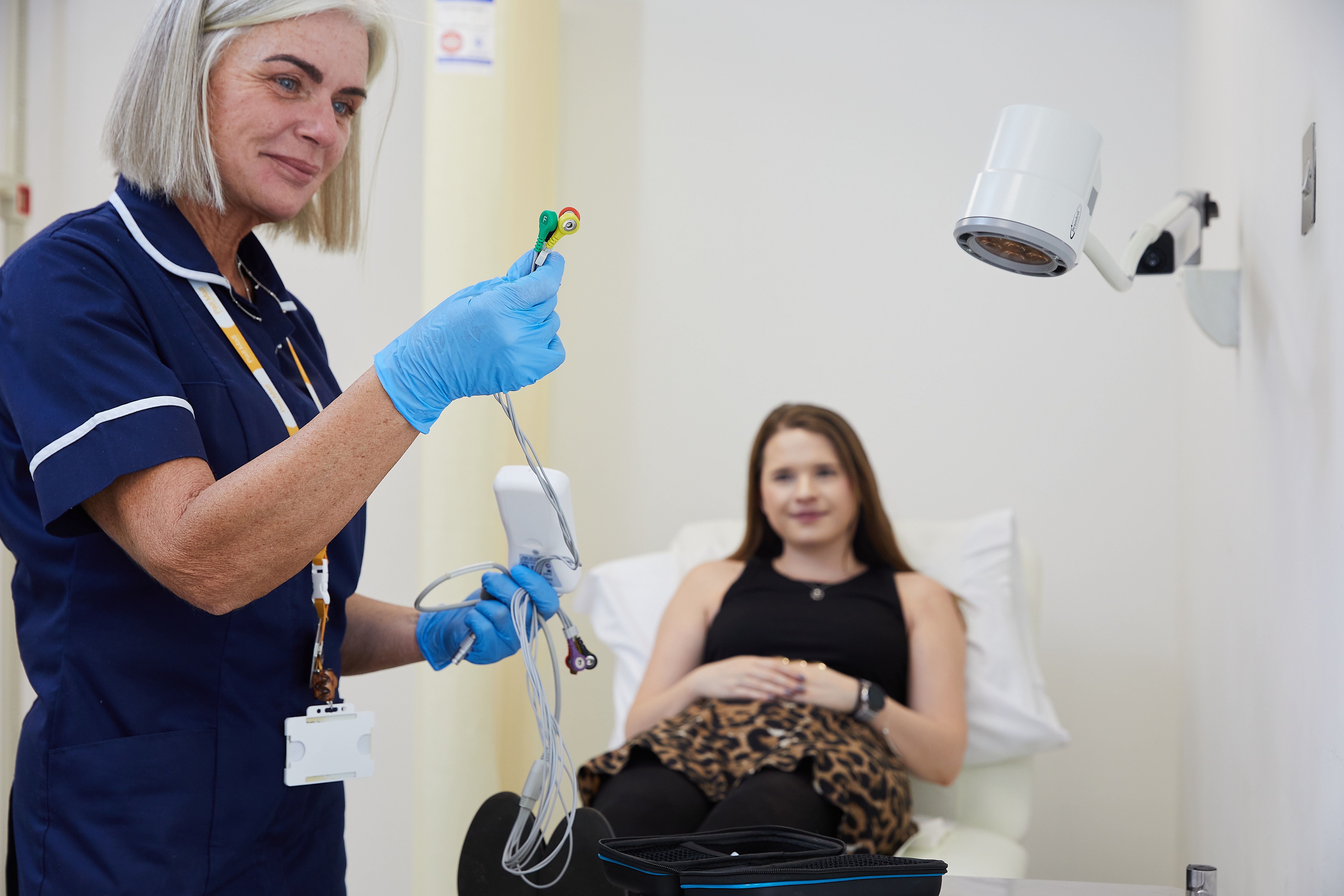All you need to know about Bowel Cancer
Bowel cancer, also known as colorectal cancer, develops in the colon or rectum. It's the second most common cause of cancer death in the UK, with around 17,000 deaths annually. However, if detected early, bowel cancer is highly treatable, with a 90% survival rate when diagnosed at an early stage.
There are several risk factors to consider when it comes to bowel cancer, including:
The risk increases with age, especially after 50.
A family history of bowel cancer or certain genetic conditions can increase risk.
Diets high in red or processed meats and low in fiber can increase risk.
Lack of physical activity, smoking, and excessive alcohol consumption can contribute to risk.
Inflammatory bowel diseases like Crohn's disease or ulcerative colitis can increase risk.
It’s important to know the signs and symptoms to look out for when it comes to bowel cancer, and remember - if you are concerned about any symptoms it’s important to speak with an expert. At Pall Mall we offer same and next day GP appointments from £50.
The signs and symptoms to look out for include:
- Changes in bowel habits, such as diarrhea, constipation, or changes in stool consistency
- Blood in the stool or rectal bleeding
- Abdominal pain or discomfort, including cramps or bloating
- Unexplained weight loss or fatigue
- Feeling like your bowel doesn't empty completely
















